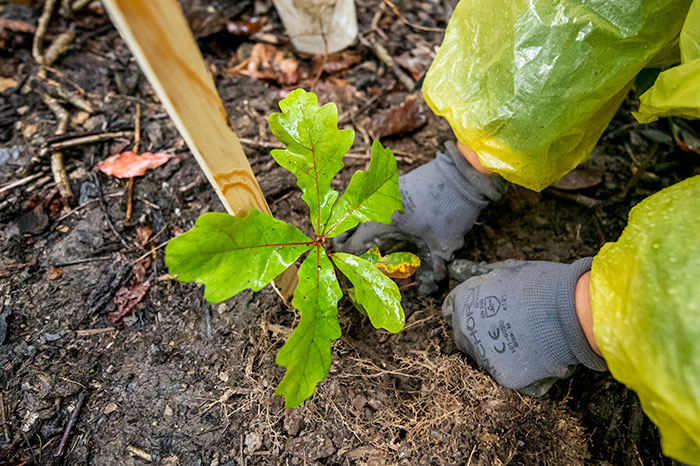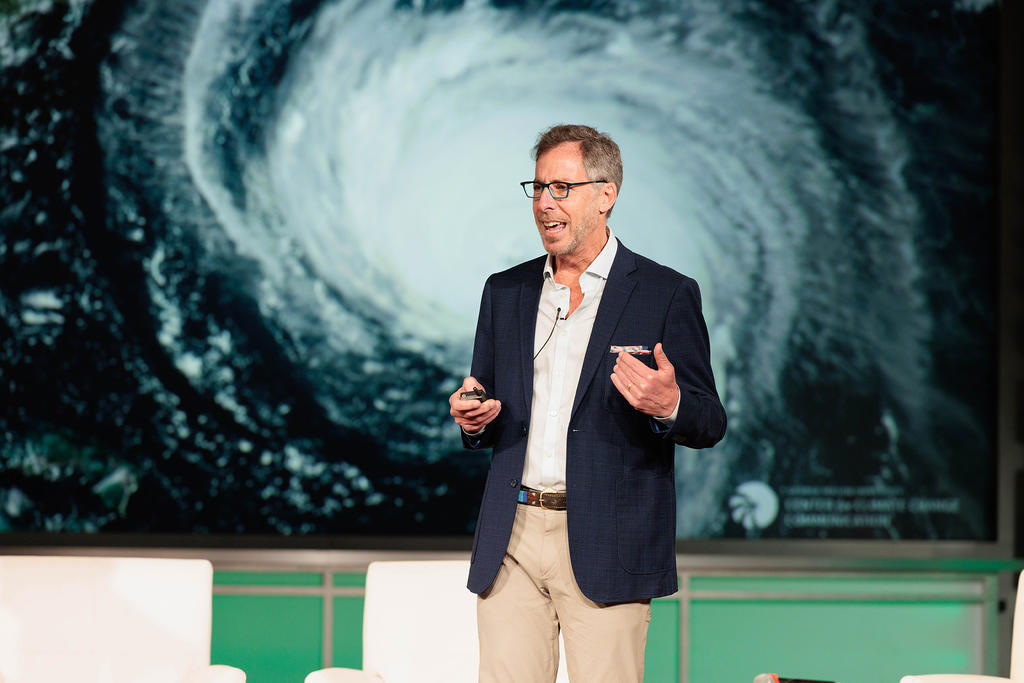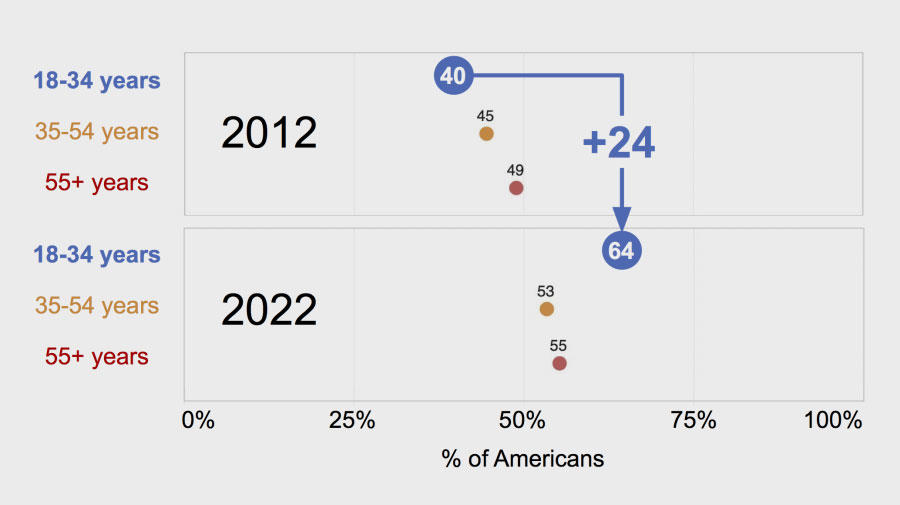
More to Explore »

Climate Research
George Mason University puts research and scholarship into action to support a just, prosperous, and sustainable world. Check out the latest stories about climate research happening now.

Our Future, Transformed
A video series featuring faculty experts speaking about some of the most debated and significant topics of our day. Recent topics include women in STEM, evidence-based policing, the southern border, and more.

Sustainability at Mason
George Mason University plays a leading role in addressing critical sustainability challenges through its research, academic mission, and physical footprint. Learn more about our commitment to sustainability.

Humanities and Social Science
George Mason University's College of Humanities and Social Science (CHSS) is at the very center of George Mason University’s mission to serve as a hub in intellectual dynamism and diversity, a locus of local and global civic engagement, and an access point to excellence for individuals of all backgrounds. Learn more about CHSS.
If you talk to George Mason University Professor Edward Maibach about his work as one of the world’s most influential scientists working on climate change, he’ll be quick to refute a common assumption. “I’m not a climate scientist,” he says. “We’ve got some incredible climate scientists at Mason…. I’m a public health guy, and I’m a communications scientist.” But, he clarifies, the two things are intertwined.

Ed Maibach speaks at a conference about his work. (Photo provided by the Center for Climate Change Communication)
“Climate change isn’t [just] about plants, penguins, and polar bears,” Maibach says. “It’s about people, too. It’s about our health. In a very real sense, we have skin in the game of climate change—our own skin.”
Engaging the Public on Perceptions of Climate Change
In 2007, Maibach came to Mason to help create the Center for Climate Change Communication, which studies public perceptions of climate change issues and identifies effective ways to engage the public and other stakeholders on those issues. One of the center’s first initiatives was Climate Matters, a program launched in 2010 that provided TV weathercasters across the country with information about climate change in their region, to then be communicated to their viewers. That initial pilot was so successful that the center continued to engage more weathercasters to take on the role of climate educators for their region. More than a decade later, nearly half of the nation’s weathercasters participate in the program.
It's a bold approach that bucks against the traditional methods that often come to mind when thinking about ways to combat the climate crisis—and it’s moving the needle. Maibach cites center data that show that since 2008 the number of climate deniers nationwide has starkly declined, while the number of those alarmed about the climate has gone up. Now in its 16th year, the center's national public opinion polls conducted with Yale have consistently been featured in major media outlets throughout the country and have helped monitor attitudes and awareness about the climate crisis.
George Mason University's Center for Climate Change Communication is part of the Climate Change in the American Mind program – conducted in partnership with the Yale Program on Climate Change Communication. This program tracks and investigates public understanding of climate change and support for climate policies.
Maibach Named one of the World’s top 1,000 Climate Scientists
It’s work that has received accolades and global recognition. In 2021, Maibach—a member of Mason’s Institute for a Sustainable Earth and University Professor in the Department of Communication in the College of Humanities and Social Sciences—ranked 7th overall in the Reuters Hot List identifying and ranking the world’s top 1,000 climate scientists. Only two other American scientists finished above him, including his research partner Anthony Leiserowitz of Yale University, who ranked as No. 2.
Also in 2021, the organization Climate One honored Maibach and Leiserowitz with its Stephen H. Schneider Award, which is given to a natural or social scientist who has made “extraordinary scientific contributions and communicated that knowledge to a broad public in a clear and compelling fashion,” according to the press release.
For Ann Ardis, the dean of Mason’s College of Humanities and Social Sciences, Maibach’s work is indicative of the importance of communication and the social sciences.
“In his longstanding advocacy for climate science, he has not only made significant contributions to the field, but, just as important, he has translated his expertise and his commitment to sharing the impacts of climate change in a way that is understandable to members of the public and to policymakers alike,” she says.
“His work perfectly illustrates the human side of science.”
-Ann Ardis, Dean, George Mason University
Expanding Partnerships
While the work with weathercasters continues, Maibach has continued to carve out new and audacious paths—all at Mason. In 2016, he teamed up with colleague Mona Sarfaty to create the Medical Society Consortium on Climate Health to organize, empower, and amplify the voices of America’s doctors about the dangers of climate change to our health and climate solutions that can improve it.
And with other colleagues, including Jim Kinter, director of the Mason's Center for Ocean-Land-Atmosphere Studies, Maibach helped the university stand up the new Virginia Climate Center, which will serve as a climate extension service for communities in the commonwealth to increase their resilience to the impacts of climate change.
From collaborating with journalists and weathercasters across the country and receiving global accolades, to honing in on regional areas, to branching out to reach more communities, Maibach’s work has shifted and pivoted to embrace new approaches and new challenges, targeting areas big and small, all in the name of approaching one very big climate crisis.
“Layer on top of layer on top of layer of human decisions went into creating those problems,” says Maibach. “We’re looking for opportunities to slice through the Gordian knot, or at least start to unwind it. It’s hard because the problems have so many levels, and they’re so intertwined, but that’s the work that must be done to start to create a different path.”
John Hollis and Priyanka Champaneri, BA English ’05, MFA ’10, contributed to this story.
